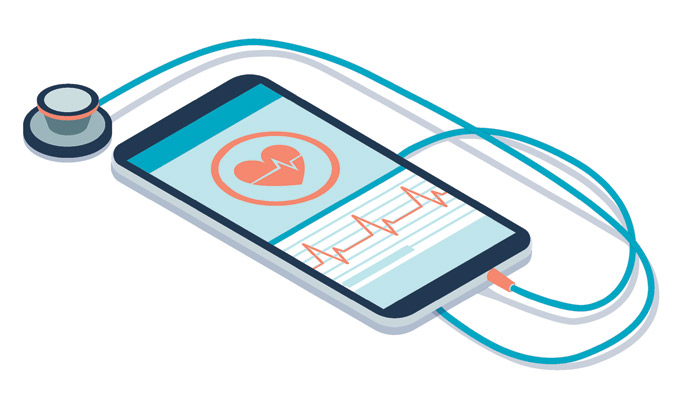New Clinical Trial to Assess Telehealth Strategies for Migraine Treatment
Cincinnati Children’s received a $12.9 million grant to support research on two different telehealth-enabled methods for treating migraines in adolescents.

Source: Getty Images
- After receiving a large amount of funding from the Patient-Centered Outcomes Research Institute (PCORI), Cincinnati Children's plans to lead a multisite clinical trial that will compare two methods for treating adolescent migraines through telehealth.
As a nonprofit medical center, Cincinnati Children's regularly conducts research to determine enhanced methods of caring for young patients. Due to the frequency of migraines among the youth, Cincinnati Children’s has often dedicated time and resources to understanding adolescent migraines. In 2013, 2017, 2020, and 2021, the organization conducted projects that studied non-medication methods for treating migraines.
The hospital will launch a new study with a $12.9 million grant provided by PCORI. Led by Scott Powers, PhD, a clinical child and adolescent psychologist in Cincinnati Children's division of behavioral medicine and clinical psychology, this study intends to determine the efficacy of two different telehealth methods of treating migraines for patients between the ages of 10 and 17.
The methods evaluated in the study include cognitive behavior therapy (CBT) delivered through telehealth and telehealth CBT that includes prevention medication (amitriptyline). The researchers acknowledged that the COVID-19 pandemic had led to changes in the channels through which patients prefer to receive care. This study aims to determine if adding medication to telehealth-enabled CBT improves results.
Recruitment for study participants will occur at 15 health centers across several states, including New York, California, Kentucky, and Colorado, beginning in May 2023.
"This study was selected for PCORI funding for its potential to provide real-world data on the comparative effectiveness of medication and nonpharmacologic treatments for the prevention of migraine among pediatric patients," said PCORI Executive Director Nakela Cook, MD, in the press release. "We look forward to following the study's progress and working with Cincinnati Children's to share the results."
In recent months, several studies have sought to determine the efficacy of care delivered through telehealth.
A study published in March found that telehealth was highly effective in treating patients at community mental health centers. Researchers drew this conclusion from study results that showed that young patients with anxiety disorders were likely to use telehealth.
Another study from June found that telehealth enhanced care for pediatric patients with type 1 diabetes. Researchers observed that the uptake of telehealth and continuous glucose monitors helped combat the pandemic's effects on hospitalization frequency, glycemic control, and depression among this population.
Further, another study published in March found that virtual care was highly effective in caring for pediatric orthopedic patients. The study shows that patients experienced high levels of satisfaction, with 89 percent reporting ease with video communication and 90 percent reporting a solid audio connection.
